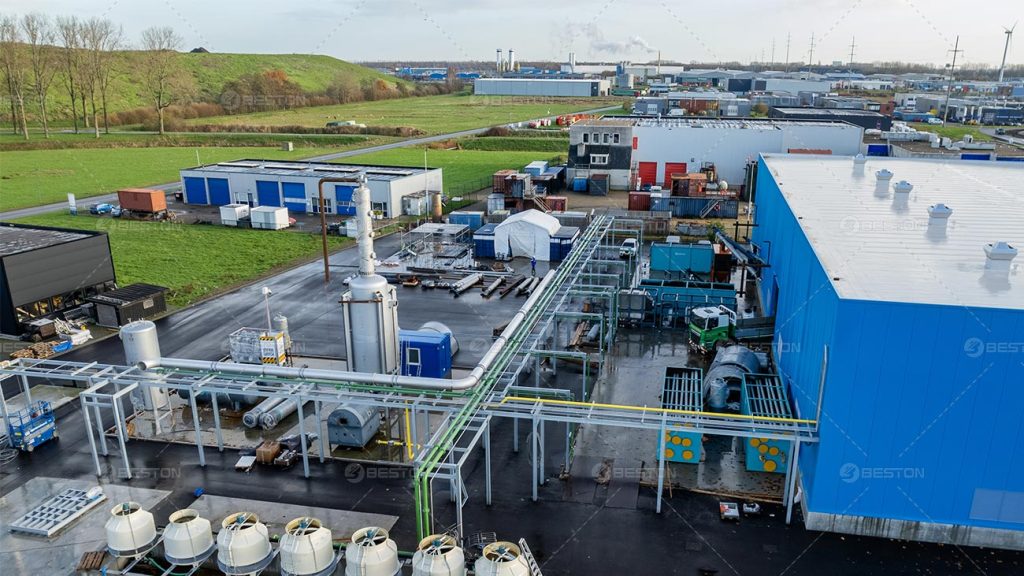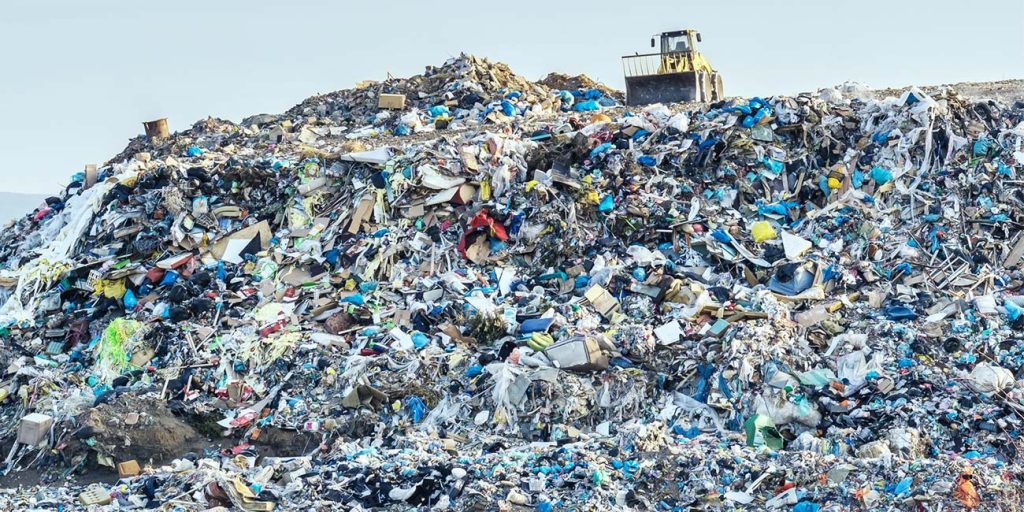In an age where sustainability and environmental consciousness are paramount, a remarkable innovation is taking the world by storm: Plastic to Fuel. This groundbreaking technology is not only changing the way we perceive plastic waste but also redefining the future of energy generation and resource management.
The Plastic Predicament
Plastic, in its various forms, has woven itself into the fabric of modern life. Its convenience, durability, and versatility have made it a ubiquitous presence. Yet, this very ubiquity has led to an alarming issue: plastic pollution. The sheer volume of plastic waste is overwhelming our planet, and conventional disposal methods have proven ineffective in mitigating this problem.
The Plastic Predicament poses a multi-faceted challenge. Not only is the environment marred by discarded plastic, but also valuable resources go to waste. It is at this juncture that the concept of plastic to fuel machine comes into play, offering a transformational solution.

Unveiling Plastic to Fuel
Plastic to Fuel is a cutting-edge technology that ingeniously converts plastic waste into valuable fuel resources. This process, which is as innovative as it is revolutionary, aligns seamlessly with the principles of the circular economy, where waste is minimized, and the value of materials is maximized.
The beauty of this technology lies in its intricacies. It employs a method known as pyrolysis, a high-temperature, oxygen-deprived environment where plastics are broken down into their constituent hydrocarbons. From this process, three primary types of fuels emerge:
- Synthetic Diesel: A clean-burning fuel with applications in transportation and heating.
- Synthetic Gasoline: A versatile fuel suitable for a range of combustion engines.
- Synthetic Oil: A valuable resource used in various industrial applications.
The Environmental Impact
The environmental implications of Plastic to Fuel are nothing short of astounding. By effectively repurposing plastic waste, this plastic oil machine curtails the proliferation of landfills and incineration. This, in turn, alleviates the detrimental effects on soil, air, and water quality while simultaneously reducing the carbon footprint associated with conventional plastic disposal.
Furthermore, the reduction in the demand for fossil fuels due to the production of synthetic fuels translates into a direct reduction in greenhouse gas emissions. In a world striving to meet climate goals and combat climate change, the adoption of this innovative approach is a significant stride in the right direction.
Economic Sustainability
Beyond environmental advantages, Plastic to Fuel offers a wealth of economic benefits. It transforms plastic waste, once considered a liability, into an asset. By generating valuable fuels, it enables communities to tap into new revenue streams while simultaneously reducing their waste management costs.
This innovative process contributes to the creation of green jobs and fosters economic growth, all while contributing to the circular economy. By embracing the Plastic to Fuel revolution, businesses and communities stand to bolster their financial sustainability.
A Solution for Now and Tomorrow
The urgency of addressing plastic pollution is palpable, and Plastic to Fuel offers a contemporary solution that is readily deployable. Its scalability, coupled with its ability to process a wide range of plastic types, makes it a versatile weapon in the war against waste.
The Plastic to Fuel technology is not a mere concept on the drawing board. It’s a reality that is changing the way we manage plastic waste. The ability to extract energy from plastic waste is an idea whose time has come.

Act Now – Join the Revolution
The time has come to take action. The Plastic to Fuel revolution is upon us, and your participation is not only encouraged but necessary. By adopting this plastic pyrolysis plant, you become a proactive player in mitigating the plastic crisis, reducing carbon emissions, and securing a sustainable future.
How can you get involved in this revolution?
- Support Plastic to Fuel Initiatives: Advocate for the integration of Plastic to Fuel facilities in your community and region. By doing so, you contribute to a cleaner environment and economic growth.
- Recycle Responsibly: Continue recycling efforts, but also champion plastic separation at the source to ensure that plastics are suitable for conversion to fuel.
- Invest in the Future: Explore investment opportunities in companies at the forefront of the Plastic to Fuel revolution. This not only strengthens the economic viability of the technology but also offers promising returns.
- Educate and Raise Awareness: Spread the word about the Plastic to Fuel revolution. Raise awareness among your peers, community, and policymakers, emphasizing the critical role this technology plays in sustainable waste management.
- Lead by Example: Implement Plastic to Fuel initiatives in your business, reducing waste and fostering sustainability. By doing so, you set a precedent for others to follow.
In conclusion, the Plastic to Fuel revolution is a beacon of hope in a world grappling with plastic pollution and the need for sustainable energy sources. The power to make a change lies within our grasp, and the time to act is now. By embracing Plastic to Fuel, we not only mitigate the plastic predicament but pave the way for a cleaner, greener, and economically sustainable future. The path is clear; let us act with urgency and join the revolution today. More information from Beston Group.